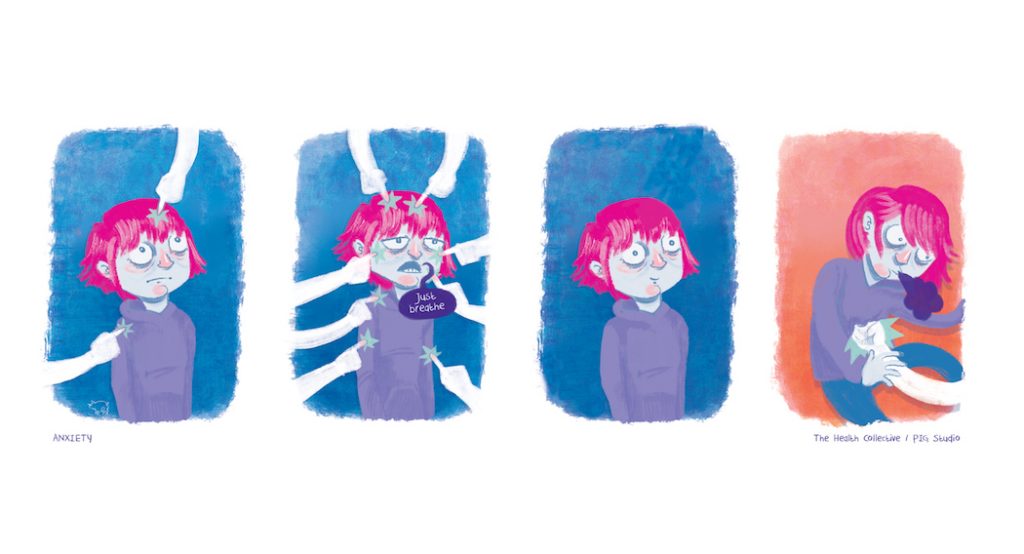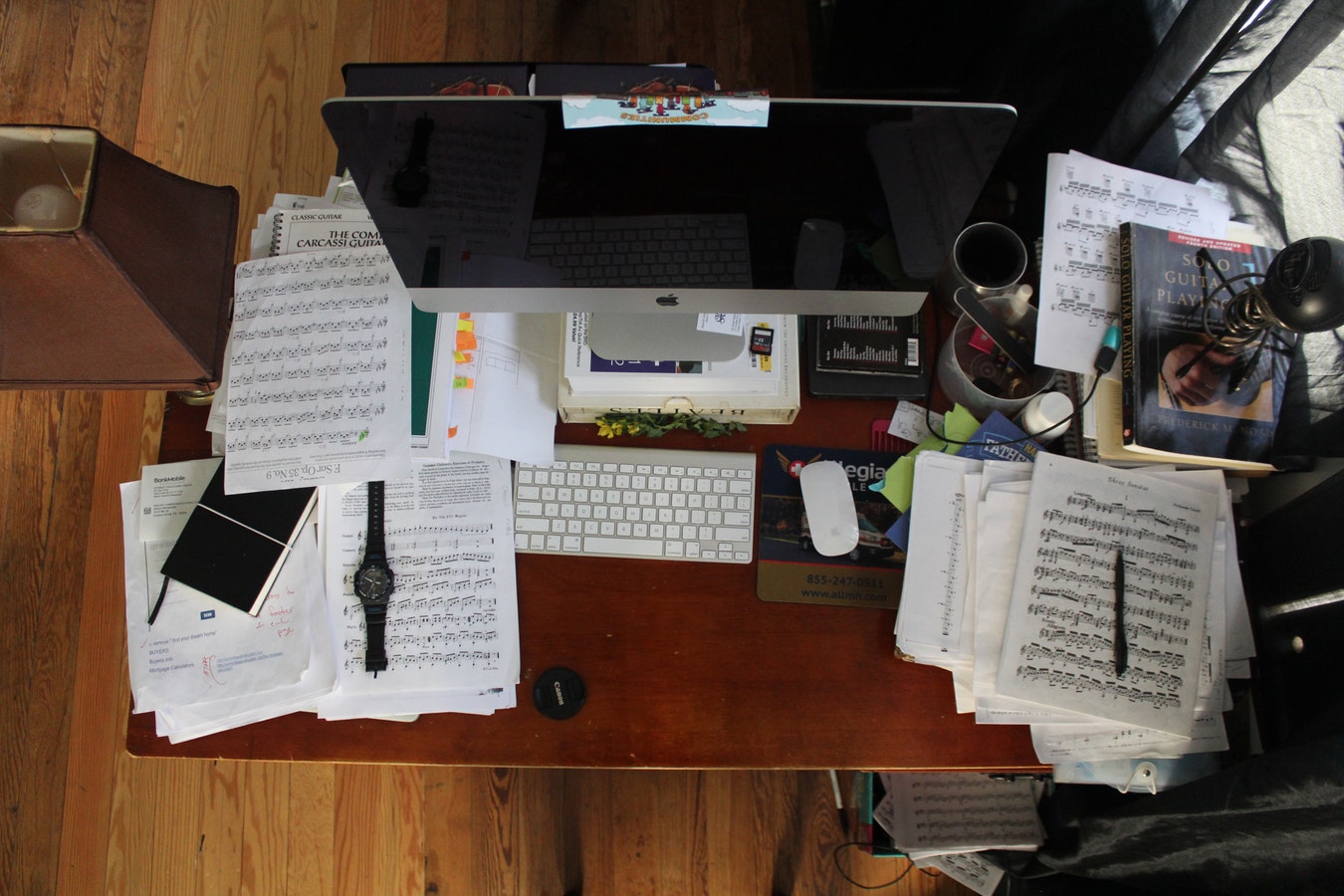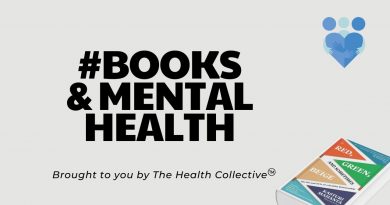Unravelling the Mystery of Anxiety Disorders
By Kamna Chhibber
The unknown typically induces fear. Many mental health conditions — despite the stark statistics that show their prevalence — continue to be a mystery to a large segment of the population. Thinking prevails that mental health conditions are a sign of weakness, or an inability to control yourself, something you’re making up or just not trying hard enough to get rid of. These stereotypes and myths surround Anxiety Disorders as well.
Research conducted in 2015-16 places anxiety disorders as impacting the lives of 1.2% of the population and phobic disorders affecting 1.9% of the population. These seemingly miniscule percentages indicate in reality a very large number of people.
ALSO READ: Long Read: Anxiety Disorders in India
The many manifestations of anxiety
From a clinical perspective, anxiety disorders include:
- Generalised anxiety disorder
- Panic disorder
- Specific phobia
- Social phobia
- Selective mutism
- Separation anxiety disorder.
What this translates into for an individual is the constant feeling of worry, of something bad happening, an unexplainable feeling of something not being good. For many people, there are associated physical symptoms like nausea, dizziness, feeling faint and lightheaded, palpitations, sweating of palms and feet, numbness, to name a few that occur when feeling anxious.
Often these experiences arise when there is not necessarily a situation happening currently or that is about to happen. The key lies in feeling anxious, worried or nervous without any cause despite knowing there is no reason to worry or feel anxious. Sometimes certain situations can become anxiety-inducing such as being in an open space, or being surrounded by people, needing to speak in a gathering, or going through tunnels, using the elevator, being in a small room.
ALSO READ: YOUR STORIES: HOW I FOUGHT MY WAY OUT OF DEPRESSION AND ANXIETY

What does the person who is anxious feel?
An anxious person is often, if not continuously, in a state of arousal and hyper-vigilance. This is not to say that the person is paranoid and suspects others of plotting or scheming against them, or that the world is out there to destroy them and anything they plan to do. But their mind feels it is continuously on the lookout for, and preoccupied with, things that can go wrong or that may not turn out to be ok (in reality or just in thought).
The logical part of the brain continuously tells the person: What I am feeling does not make sense. There is no real reason for me to feel this way and I know that all I need to do is go through this and it will be ok.
Yet, despite knowing all of this, the mind does not allow one to continue and do what is required. It keeps placing impediments and road blocks on the way and determines a unique strategy to stump one at some corner or the other.
At some points, one is able to push through. Often this happens with the support and constant prodding of others. But let’s be honest — sometimes that does turn into nagging as well. It can make the anxious person irritable and unhappy with those around them, despite knowing that they operate from a space of concern and love.
Helping yourself
There are some things that can be helpful if you are prone to feeling more anxious or have a diagnosed condition of an anxiety disorder. These mentioned approaches are in no way a substitute for therapy or medical treatment being provided by a psychiatrist or a psychologist.
- Recognise your triggers and be mindful of their presence in your environment while redirecting your thoughts to other aspects or components of the environment around you. Being mindful does not mean becoming overly preoccupied with the existence of the trigger and constantly reminding yourself. It would mean being able to state to yourself that “I know this is something that triggers me and it may exist around me. However, it is not all that is there around me”.
- Avoidance would usually increase anxiety so find a way to stay engaged with tasks that can be anxiety provoking. This is not as easy as it sounds as the whole concept of anxiety involves the fear or worry of something going wrong and it tends to be irrational and often uncontrollable. However, if you can in a graduated manner without causing yourself to be exceedingly overwhelmed by the situation find a way to keep engaging with your feared stimuli, it would enable you to slowly overcome some of the anxieties that you experience over time.
- Work towards developing mechanisms that allow you to relax in a moment when you may be feeling anxious. People talk of stress eating. However, I mean here that we substitute unhealthy compensatory patterns like stress eating or consuming sugar or any other such pattern with a more healthy or adaptive one. This can include listening to your favourite song or humming it in your mind when you are feeling distressed or anxious. It would also involve consciously pushing yourself to focus on your breathing and observing the process in yourself at the time.
- Build your daily stress busters. It is not just what you do in the moment that you are feeling anxious but also what you do in general that can help you feel good and better. It is important to build your stress busters over a period of time that aid you in unwinding and relaxing.
- Create a solid support system where you can confide without feeling judged or that you are draining them out. Often people who have anxiety feel that they may be exhausting for others around them. This can be a cause for reducing or altogether eliminating any sharing of information about what may be troubling. As a result, it is helpful if you can create a support system where you can easily confide without fear of being judged.
Take these steps as building blocks in the process of fighting your anxiety. There is no substitute for clinical help in case of a diagnosed anxiety disorder. However, doing some of these things on your own can help you feel somewhat more in control and better about the efforts you are making and the steps you are taking in moving forward.
ALSO READ: ASK THE EXPERTS: SELF-CARE IN THIS JOURNEY CALLED LIFE
Views expressed are personal. The Health Collective cannot substitute for expert advice from a trained mental health expert. Reach out for help: do check for resources available across India.





Pingback: Your Stories: How the Urdu Ghazal became ‘Therapy’ for Me